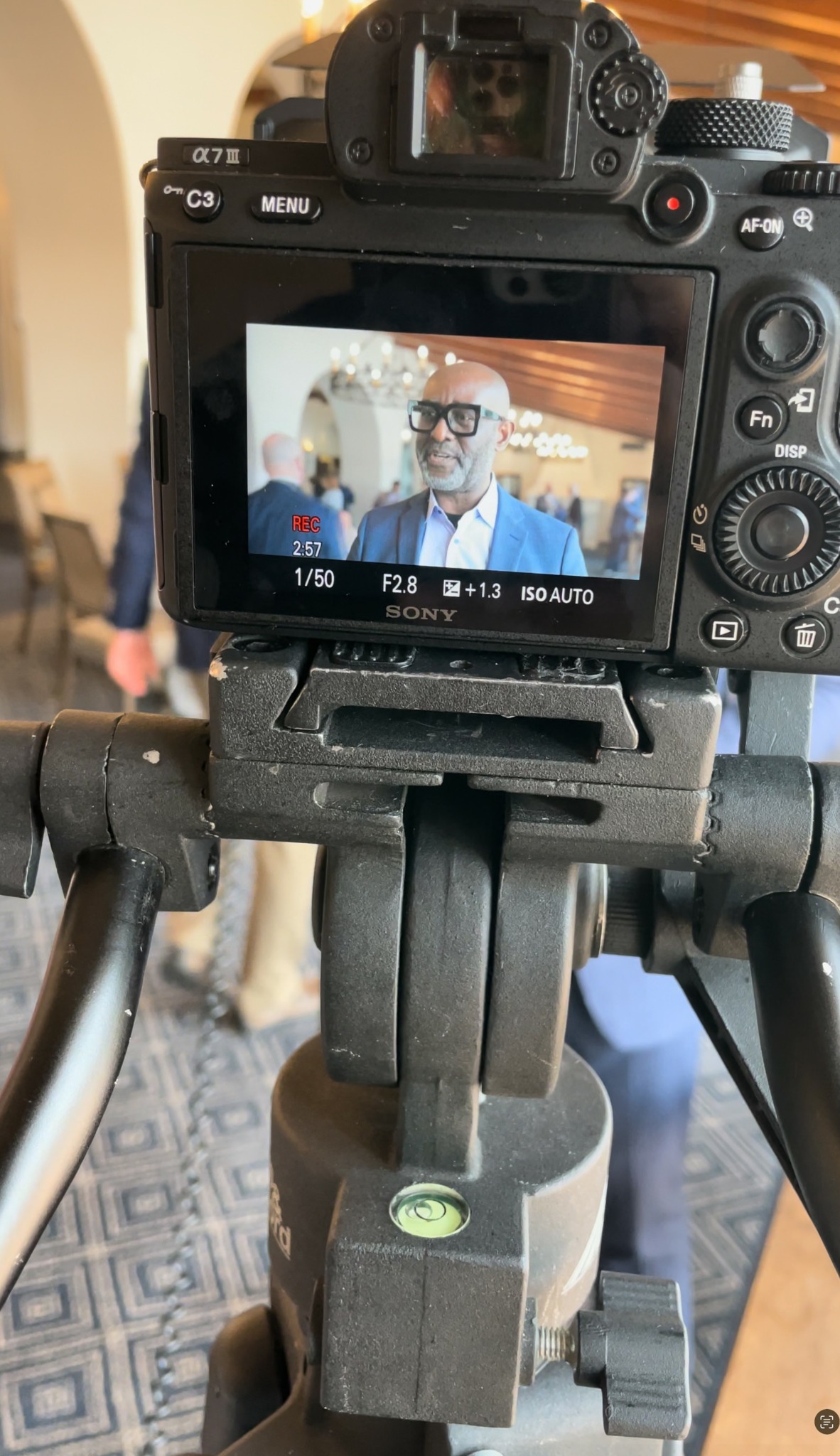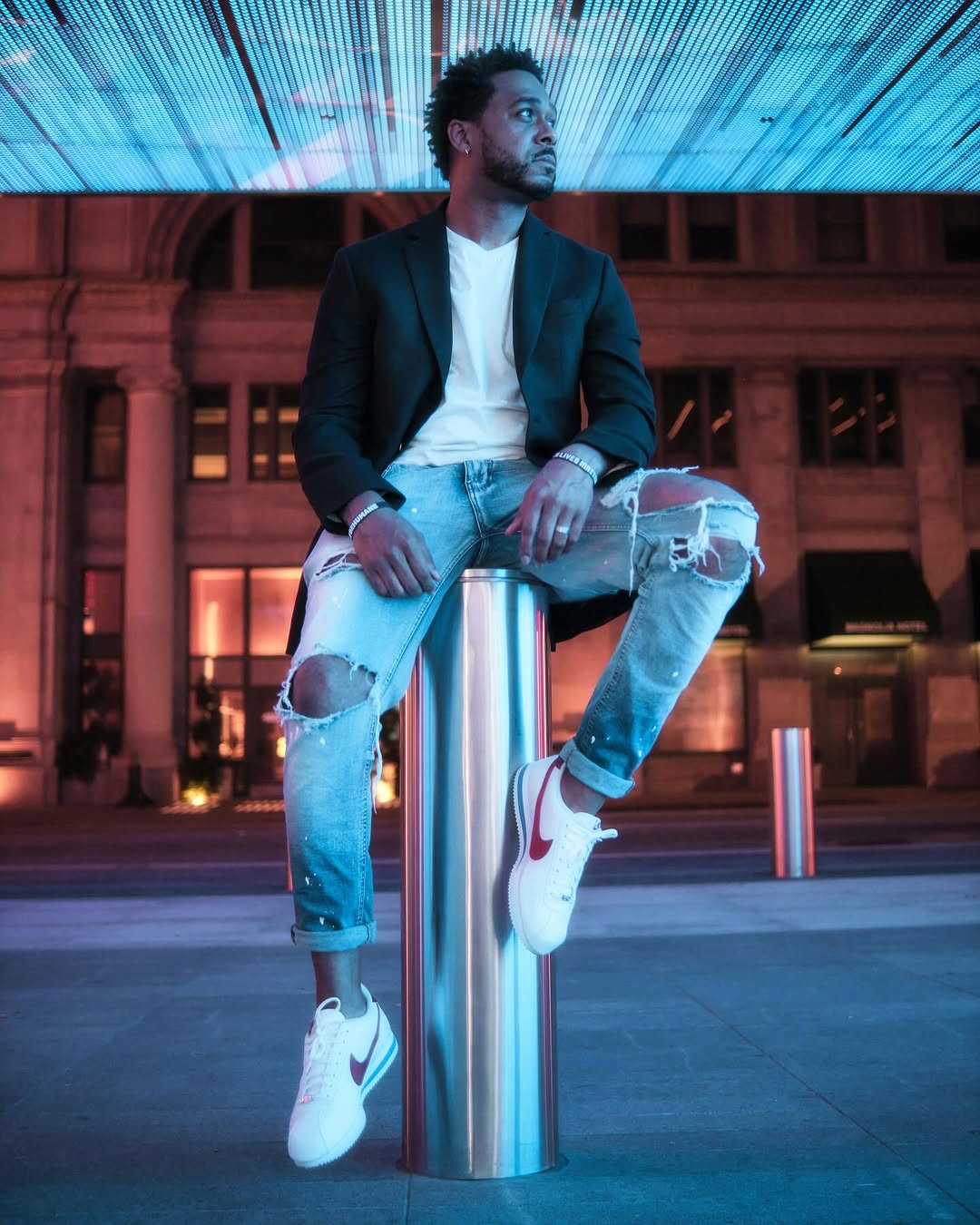We caught up with the brilliant and insightful Matthew Osborne a few weeks ago and have shared our conversation below.
Matthew, thanks for taking the time to share your stories with us today Let’s kick things off with your mission – what is it and what’s the story behind why it’s your mission?
At 19 Production House, my mission is to tell stories that matter — stories that feel real, intentional, and unforgettable. I’ve built this company on the belief that video isn’t just about visuals; it’s about capturing energy, emotion, and the truth of a moment. Whether I’m filming a high-end event, creating content for a brand, or documenting something with deeper cultural or historical weight, I approach every project with care, curiosity, and a desire to make it meaningful. I want my work to feel cinematic but grounded — beautiful, but honest. At the end of the day, I’m here to help people show the world who they are and why it matters.
I named my company 19 Production House because my creative journey started when I was 19 years old. I’m 45 now, so it’s been 26 years of growth. I’ve always been an outsider. I don’t come from money or connections. From the beginning, I’ve wanted to create something for everyone else — for those of us who wanted something beautiful and meaningful but didn’t always have the resources.
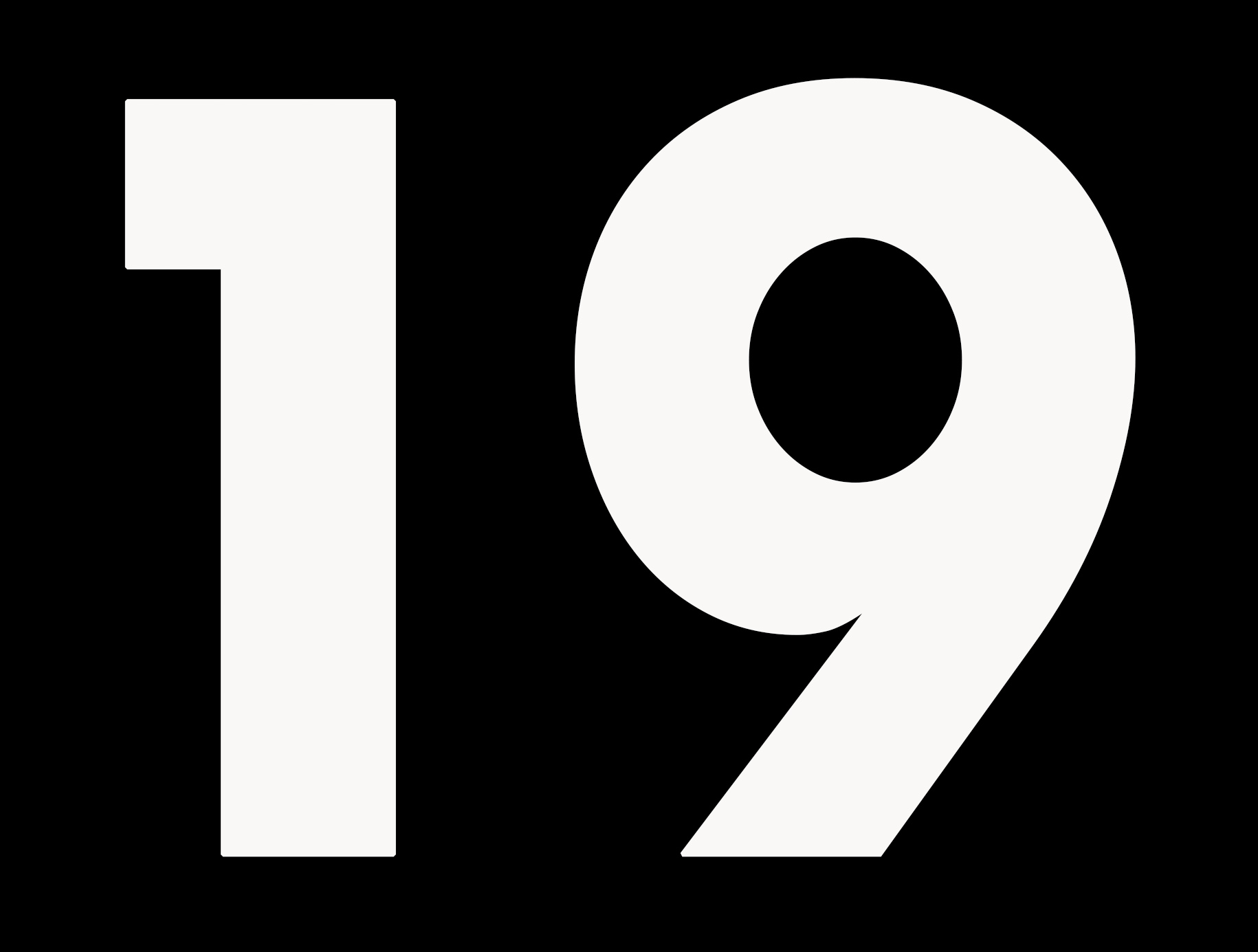
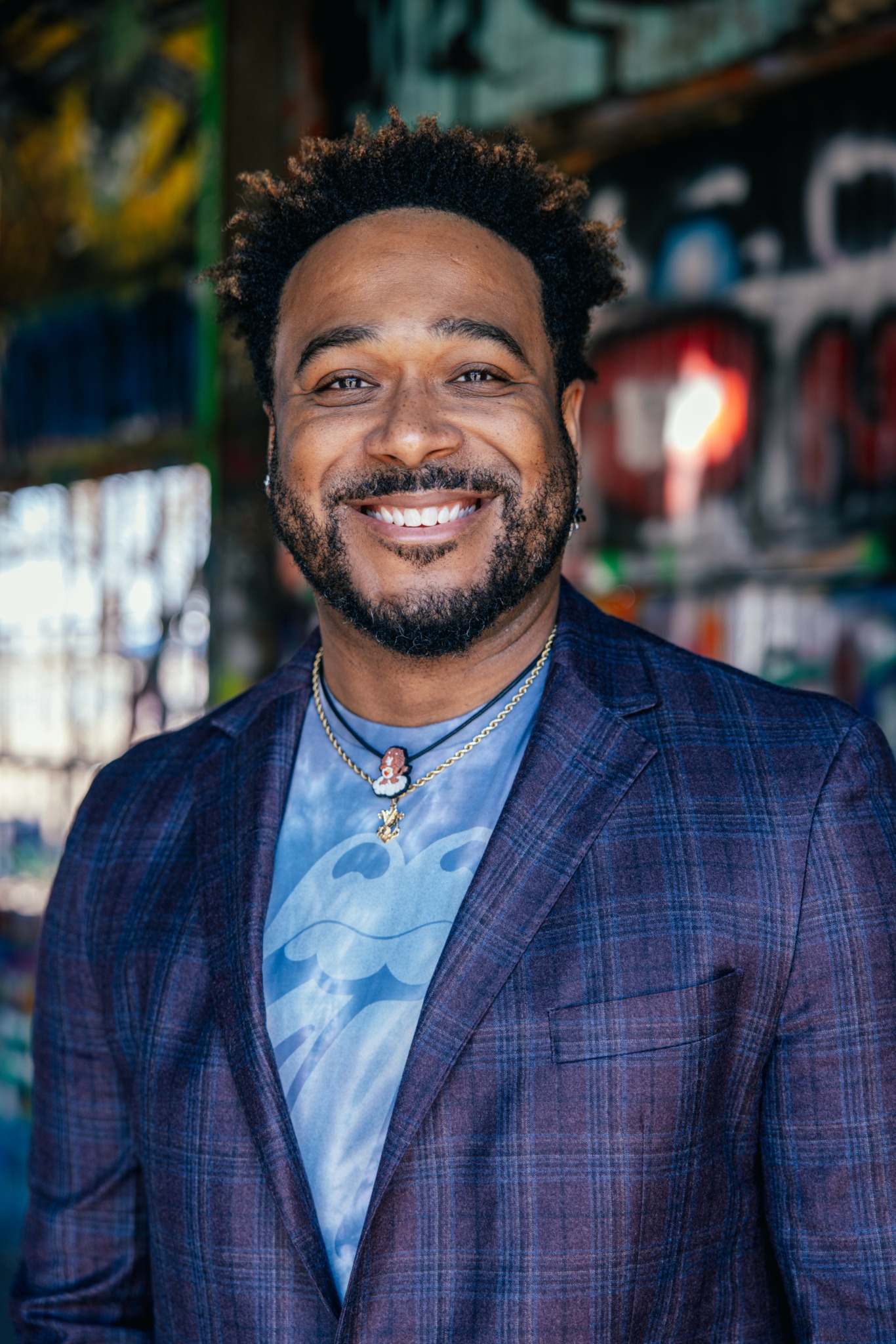
Great, appreciate you sharing that with us. Before we ask you to share more of your insights, can you take a moment to introduce yourself and how you got to where you are today to our readers.
I grew up watching The Cosby Show, and I thought my only real options in life were to become a doctor or a lawyer. I came from a pretty sheltered upbringing—my graduating class at a private Christian school had only about 30 kids. After graduating, I went to Ohio State University, where my freshman class had over a thousand students. It was a huge culture shock. But it also opened my eyes. I realized the world was much bigger than I had imagined, and that I could actually choose a different path.
So I dropped out of college and got into book publishing. I wrote and self-published my first book, which was rooted in Christian faith. This was back in the late ’90s and early 2000s, when we were still using fax machines. We didn’t have the kind of language we use today—words like creative or entrepreneur weren’t part of my world yet. I didn’t know what I was doing, and I didn’t come from a family of business owners. I had to figure everything out on my own—reading books, doing research. I found a printing company in Wisconsin and a typesetter in Columbus, Ohio. I brokered deals to get my book carried on the websites of Barnes & Noble, Amazon, and Borders.
That’s when my parents realized, “Okay, maybe he’s not crazy—he’s got some business sense.” From there, I moved into music production. Music was my first creative love. I taught myself by listening to songs and playing by ear. I ended up producing for a lot of local artists, and even had some opportunities with bigger record labels that didn’t pan out.
Eventually, I got into video production and photography. I had artists who needed content, and at the time, everyone was using MySpace. So I went out, bought a camera, and started filming and shooting them. That’s when I fell in love with video. And that’s how I got here.
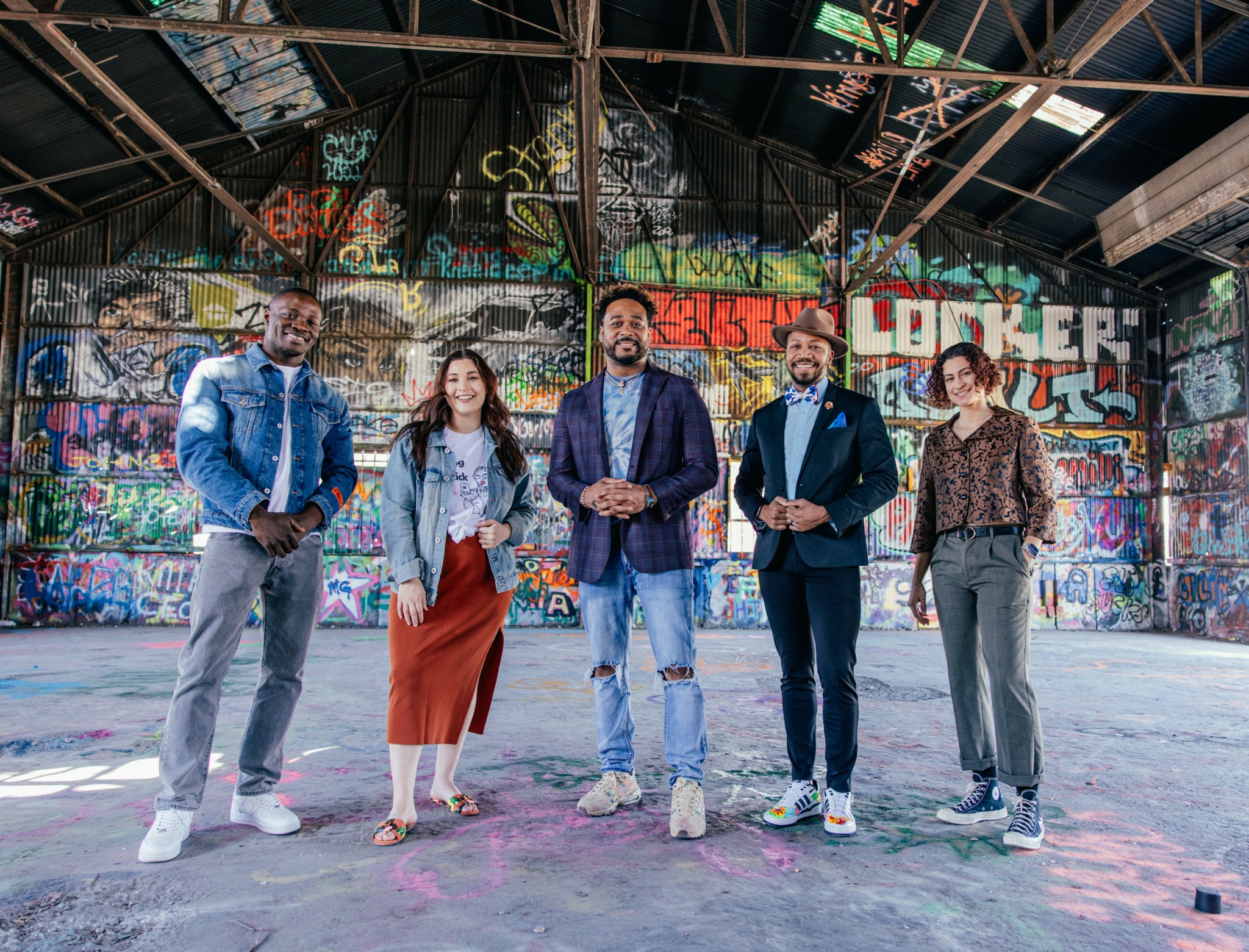
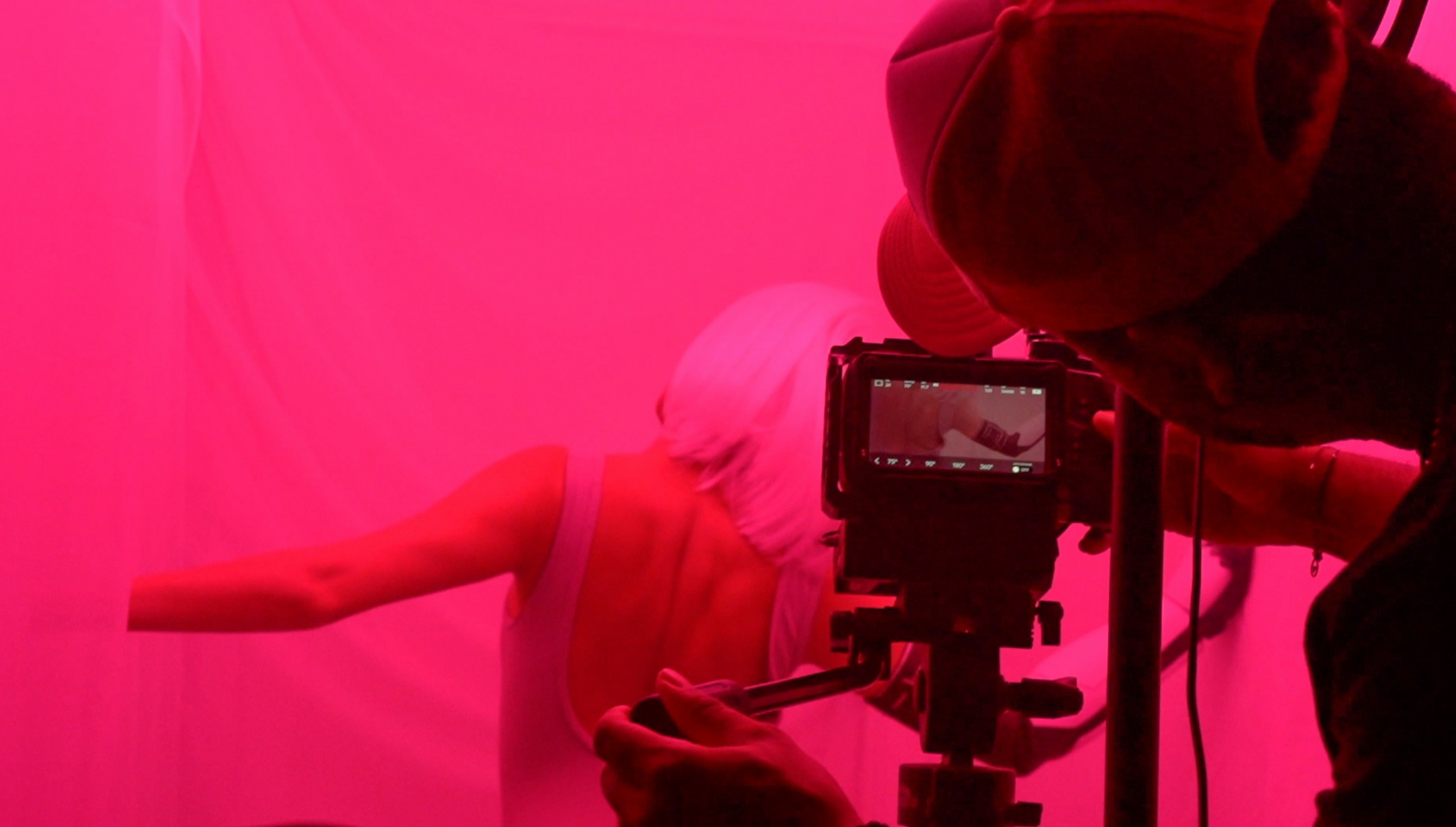
We’d love to hear your thoughts on NFTs. (Note: this is for education/entertainment purposes only, readers should not construe this as advice
I think blockchain technology is a game changer—and man, I hate using that phrase—but it really is. It has the potential to give marginalized communities a real shot at building wealth. There are so many use cases where blockchain can help us advance our goals and push our agendas forward.
I know a lot of people are afraid of blockchain and NFTs, and I get it. It’s an unregulated space, and there have been a lot of bad actors. But I believe that over time, we’ll start to see the true value of this technology—how it can be used to create generational wealth, support ownership of property, lend money peer-to-peer, preserve records, and so much more.
That’s why I’m genuinely excited about the potential of NFTs and what they represent—not just as art or hype, but as tools for decentralization, equity, and long-term impact.
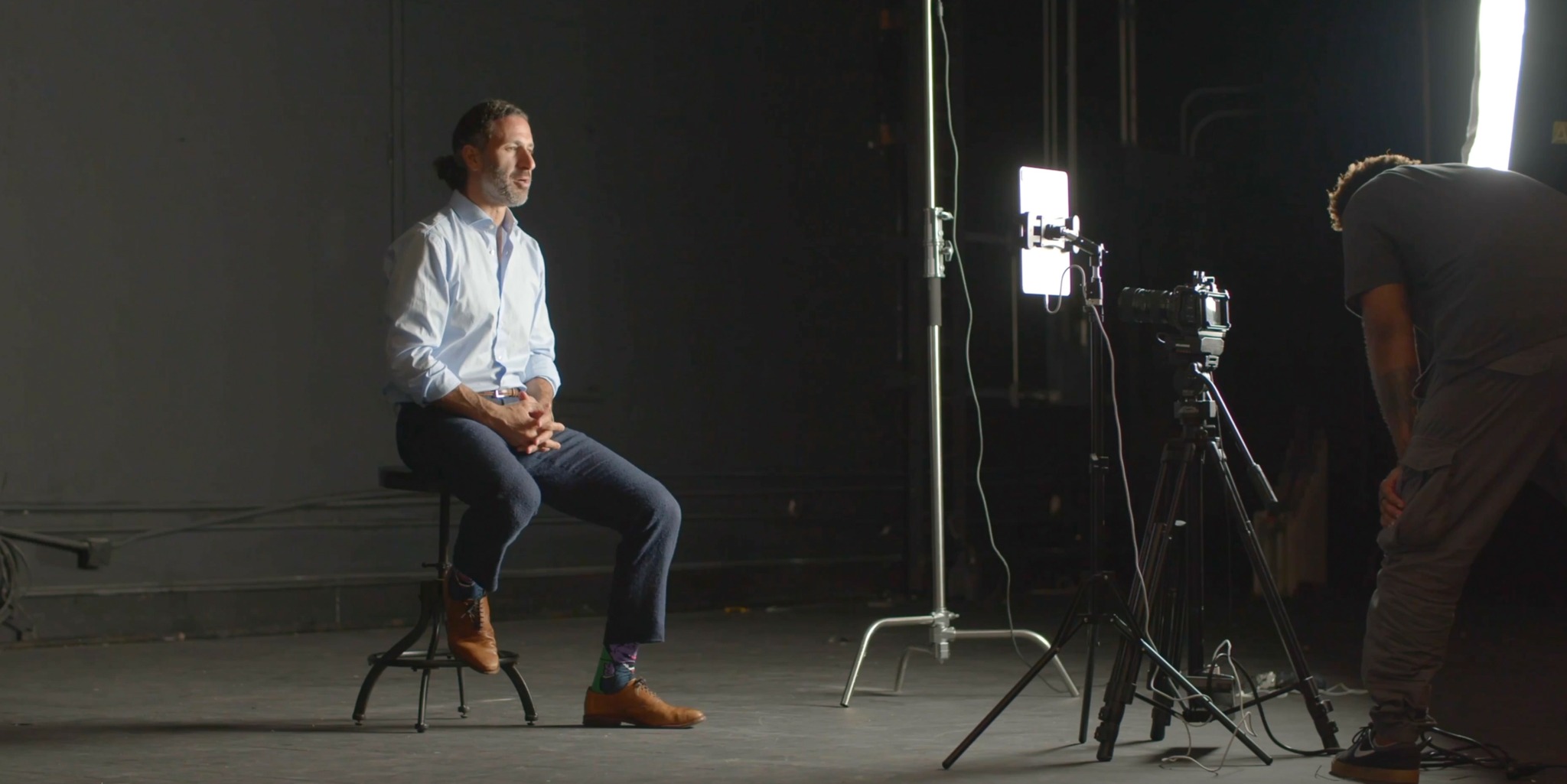
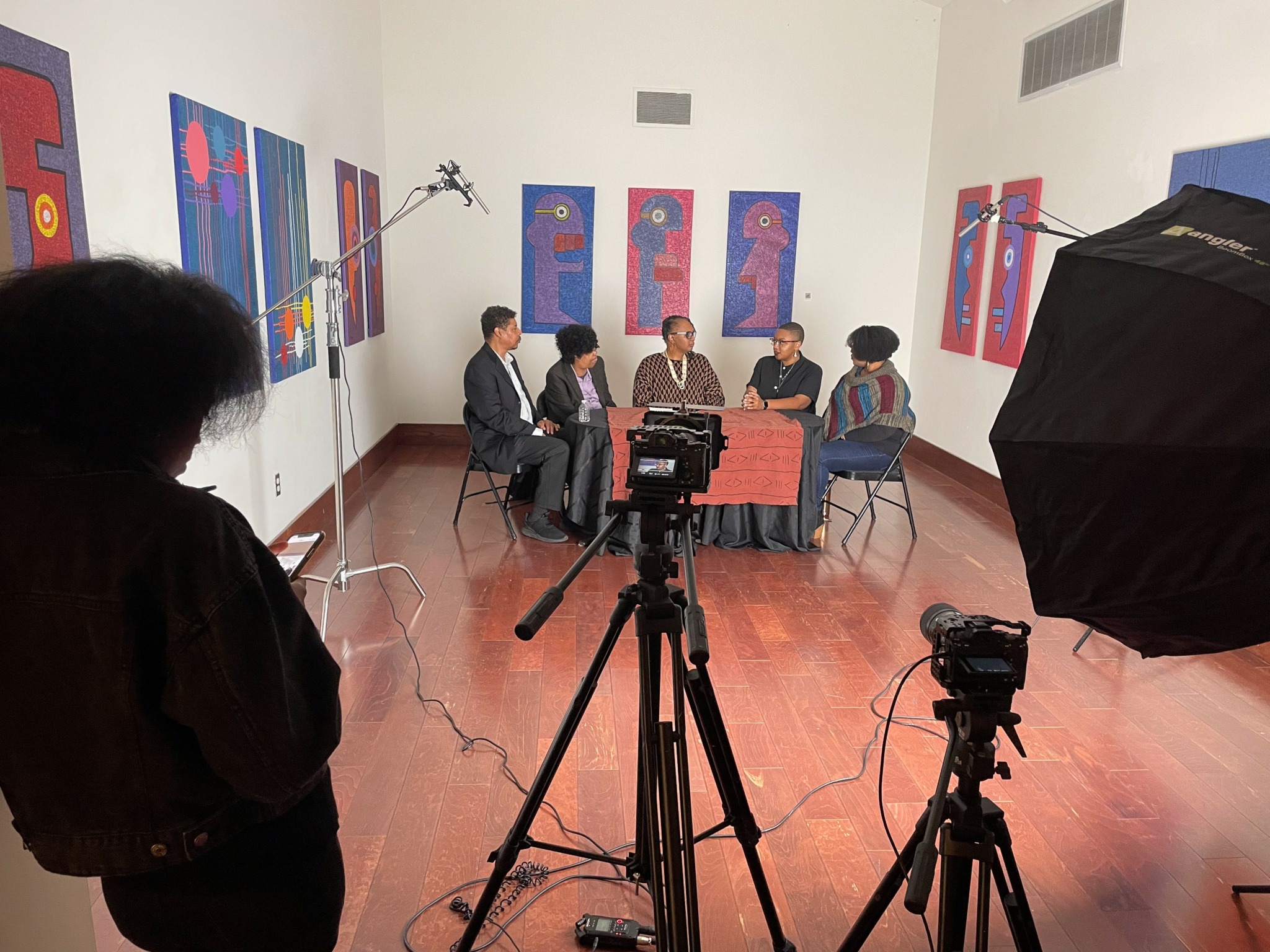
Can you talk to us about how you funded your business?
Again, I don’t come from money or anything like that. At the time, I was living in Columbus, Ohio, working a dead-end job at a call center/bank. My now-wife had a job contract she needed to finish, but we made the decision to leave Columbus and start fresh. So I quit my job, and we moved to Dallas, Texas, to take a chance on a bigger city and a new beginning.
I emptied out my 401(k), which left me with about $7,000. I found a small apartment and got a job at an insurance company. I worked there for a few years, built up a bigger 401(k), and eventually left that job with around $40,000 in cash. I used that money to fund the start of my business—19 Production House—right here in Dallas.
Contact Info:
- Website: https://19ProductionHouse.com
- Instagram: 19ProductionHouse
- Linkedin: https://www.linkedin.com/in/matthewosborne19

